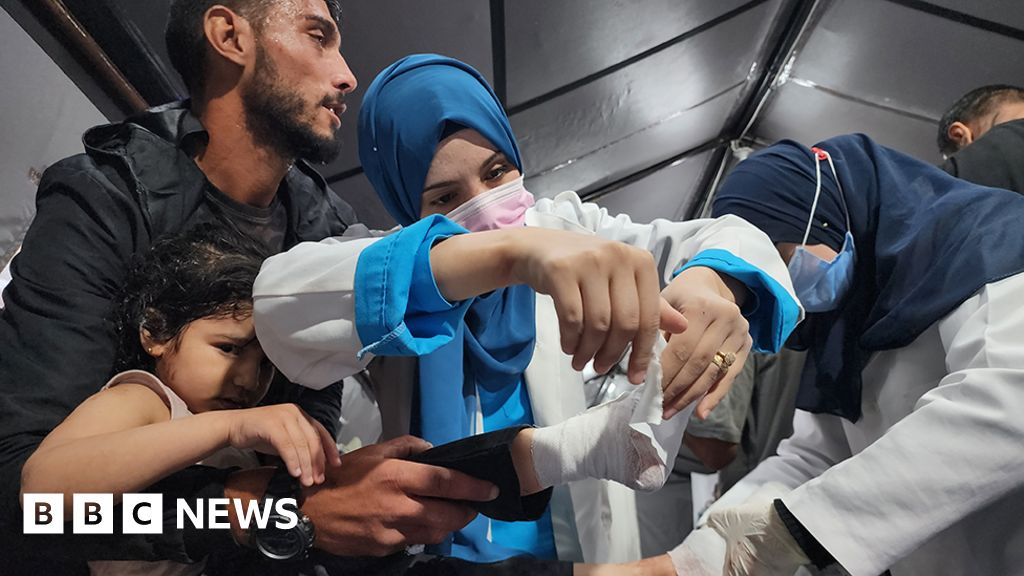Many readers reached out with questions about the booster recommendations, so I am dedicating this week’s newsletter to answering them.
Alan from New Jersey wrote that he and his wife are both 87. Their last coronavirus shot was the bivalent vaccine in April last year. “Should we get a booster this spring?” he asked.
Similarly, Andrew and his wife are American citizens who have retired to Ecuador. “We received our first two covid vaccines (Pfizer) in the United States and the first two boosters (AstraZeneca) in Ecuador. We have not received any boosters in two years and neither of us have had covid. We will be returning for one month in May. Should we get the most recent booster?”
The answer to both is yes. They have not received any dose of the monovalent vaccine that targets the XBB.1.5 subvariant. This was the vaccine that became available last fall. Alan, Andrew and their wives should get this shot as soon as they can.
The CDC published a compelling analysis that showed why. Vaccine effectiveness against covid-associated hospitalization was 52 percent during the first seven to 59 days after the monovalent shot. This decreased to 43 percent by two to four months following vaccination.
This means that people who get the monovalent vaccine can substantially lower their risk of hospitalization should they catch the virus. A healthy young person who has hybrid immunity from vaccination and prior infection already has a very low likelihood of severe illness. But older individuals and those with chronic medical conditions are still at risk, and if they have not yet received the monovalent vaccine, they should not hesitate to get it.
Just 42 percent of Americans 65 and older have gotten the first monovalent shot. Some in this group have eagerly awaited the CDC’s decision and are ready to get their spring shot — but with a caveat: They don’t want it to jeopardize their ability to get future boosters.
“My spouse and I, 76 and 69, have received every covid booster, the last one in September 2023,” wrote Terri from Virginia. “We will be traveling in Europe, on an airplane and cruise ship, in October, so I planned on a mid-September booster. If we get a booster now, will we risk not being able to get one in September?”
Barbara from Rhode Island would also like to get a booster now but is worried it would make it difficult to get another one in the fall. “What should I do?” she asked.
Federal health officials are anticipating a new round of boosters in the fall. The vaccine composition will probably be reformulated so that it best targets variants likely to be in circulation next winter. Vulnerable people should not delay vaccines now; getting a spring shot will not interfere with their ability to get the new formulation in the fall.
In fact, holding off could pose a timing problem. The CDC is asking that people wait at least four months between shots, so people who want a booster in the fall should probably not wait until the summer to get another shot.
The one major reason to hold off is if someone just had covid. Bill from Ohio is “79 and counting” and just recovered from covid. Gary from California is 78 and in a similar boat. Do they need the recommended booster now?
The CDC says people who recently had covid can wait at least three months to get their next coronavirus shot. I think they could probably wait longer, as there is strong immunity conferred from infection.
That means Gary and Bill can receive the spring booster in early June. They can do that and then get the newly formulated vaccine in October or November. They can probably also wait to get that vaccine in September and skip the spring booster, as essentially their recent infection was that “boost.”
Some readers wanted to know what to do if they are not yet 65. “I have had two unrelated cancer diagnoses and treatments,” wrote Marisol from Oregon. “Now I am only being monitored in case of recurrence. Am I still considered at high risk for covid outcomes? Should I be seeking a spring vaccine even though I am still in my fifties?”
“What about those of us who are immunocompromised?” asked Anne from Indiana. “I have an autoimmune disease and am high-dose steroids. Why is it that a healthy 65-year-old can get the new booster but I can’t?”
Actually, Anne is eligible for the spring booster. The CDC is recommending the shot to everyone 65 and older but is allowing younger individuals to receive an additional dose, too. Anne should discuss the specifics of her medical condition with her physician, as should Marisol. If Marisol had cancer in the past and is no longer on treatments, she is probably not high-risk, but there might be other factors in her medical history that make her more vulnerable to covid.
And, of course, anyone considering getting the spring booster because they are concerned about severe illness should also ensure that they can easily access antiviral treatments in case they contract the virus.

Rachel Carter is a health and wellness expert dedicated to helping readers lead healthier lives. With a background in nutrition, she offers evidence-based advice on fitness, nutrition, and mental well-being.








